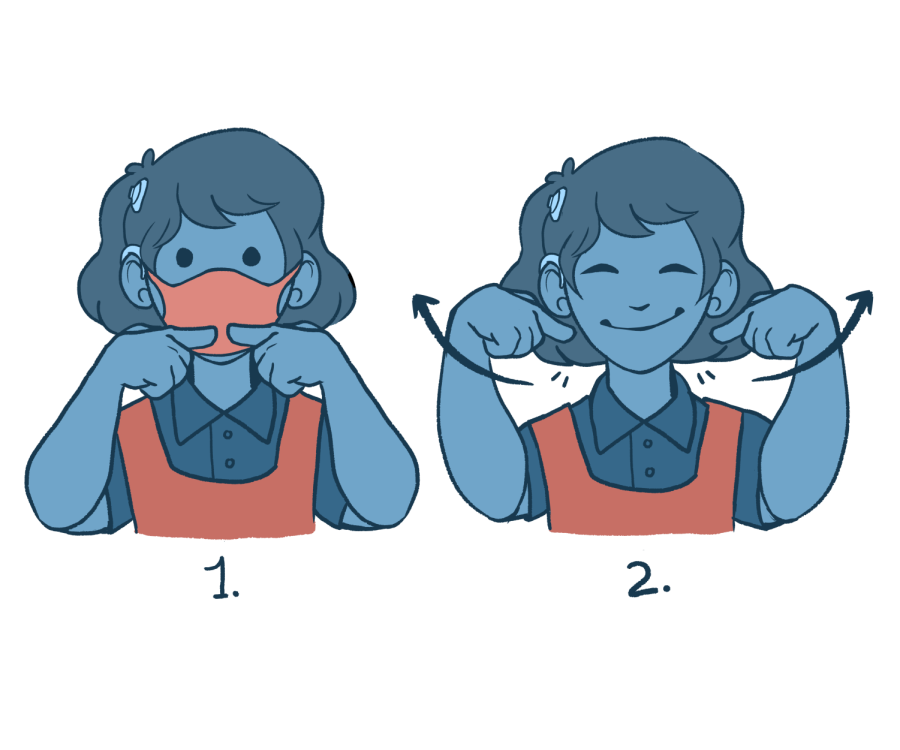Easing the mandate eases communication
March 18, 2022
The removal of the mask mandate, especially in schools, can be both a terrifying and liberating experience depending on the person. For immunocompromised and disabled students who may be at a higher risk of severe complications from contracting the coronavirus, this could be incredibly anxiety-inducing. However, for students in the Deaf community, the mandate removal may be a blessing.
Terrina Gosa, a communication sciences and disorders (CSD) clinical supervisor at Augie who has over 30 years of experience working with students in the Deaf community, believes that the removal of the mask mandate is extremely liberating for those in the community.
“It’s the difference between being confined and being free,” she said. “Communication for the Deaf is obviously visual.” While there are many different stages of hearing loss, people on all ends of the spectrum rely on visual cues to a certain degree.
“The difference between certain sounds is so minute,” Gosa said. “A lot of what you do, even subconsciously, is notice mouth position. When you can’t notice mouth position when you’re hard of hearing, it’s really hard to distinguish what the person is saying.”
While options such as clear masks and face shields have become more easily accessible since the pandemic began in March of 2020, they do not allow Deaf people the same amount of understanding as they have when masks are removed. Clear masks easily fog up and can limit the facial movement of the user which decreases their ability to be understood.
Even though lifting mask mandates can be an important event for people in the Deaf community, some students are at higher risk of developing severe complications upon contracting the coronavirus.
According to the CDC, “some people with disabilities might be more likely to get infected or have severe illness because of underlying medical conditions, congregate living settings or systemic health and social inequities.”
When schools get rid of the mask mandate and do not offer any alternatives, such as virtual classes, people who fall into this category are ultimately at a higher risk of contracting a severe case of the coronavirus.
Junior Siiri Strebel, a CSD major, believes that more options for schools would improve both mental and physical health in school-age students. “I think that the best thing is to still offer a virtual option,” she said. “Having that option really was phenomenal.”
Before the pandemic, many students felt the need to still go to class when sick. With the addition of a virtual option during late 2020 and 2021, students who felt well enough to learn but not well enough to be in school without infecting others could still attend classes without worry.
Now, as the mask mandates are being removed, it is more important than ever to be conscientious of others who may be at a higher risk of contracting severe illness.
No matter your opinion on the mask mandate or lack thereof, it is important to still be respectful of those around you. “If somebody walks up to you and you’re not wearing a mask, and they are, it’d be great to have one on you,” Strebel said. “And minding people’s personal space— maybe not the full six feet like before, but still keeping a bubble — is always nice.”
After two years of masks hindering communication, those in the Deaf community are now able to go about daily activities with increased ease. However, many people with disabilities who are at a high risk of severe illness may find the lifting of the mandate detrimental to their overall well-being. With the changing mitigation comes a time of celebration for some and a time of increased anxiety for others, and it is important to remain respectful and empathetic to everyone around you.








































































































